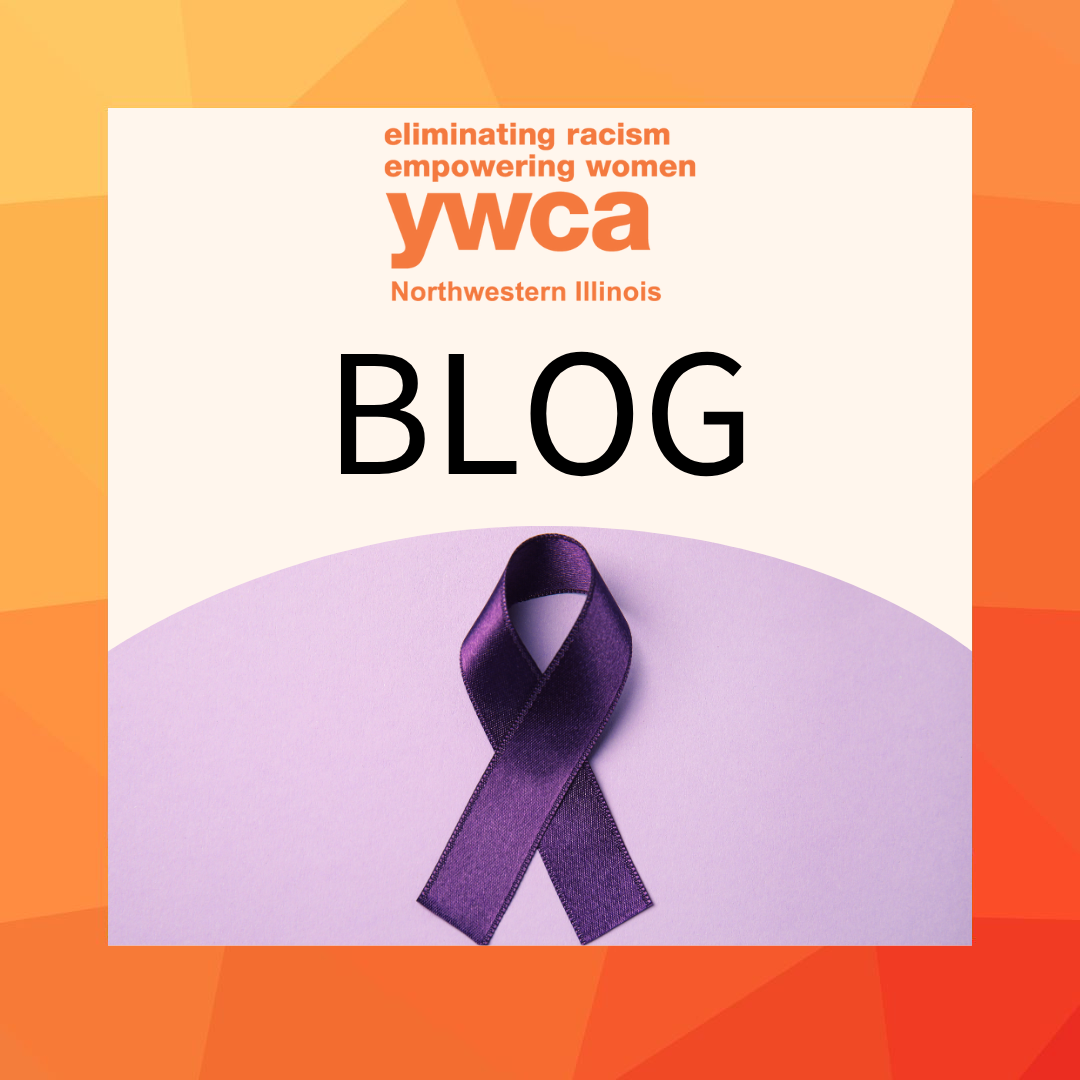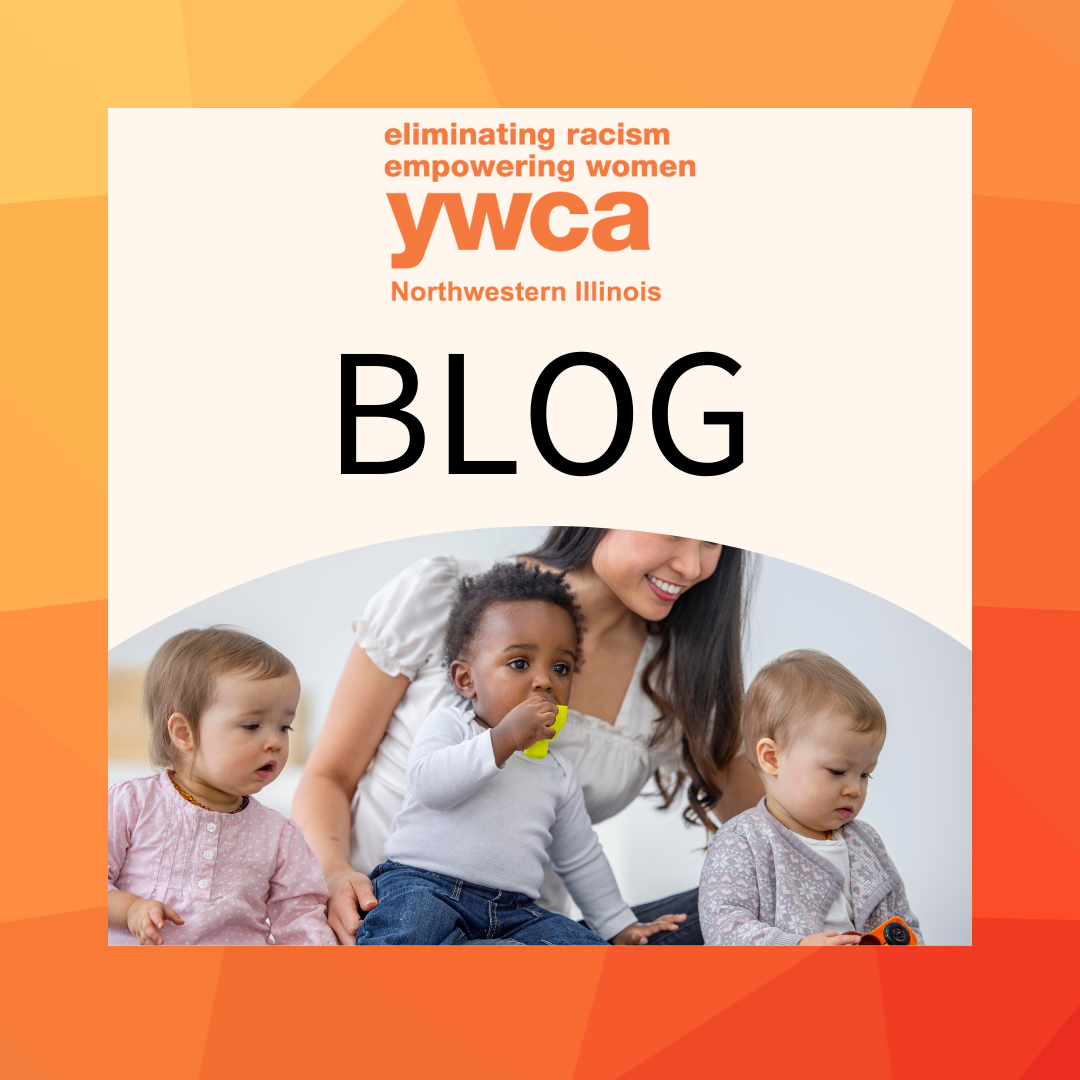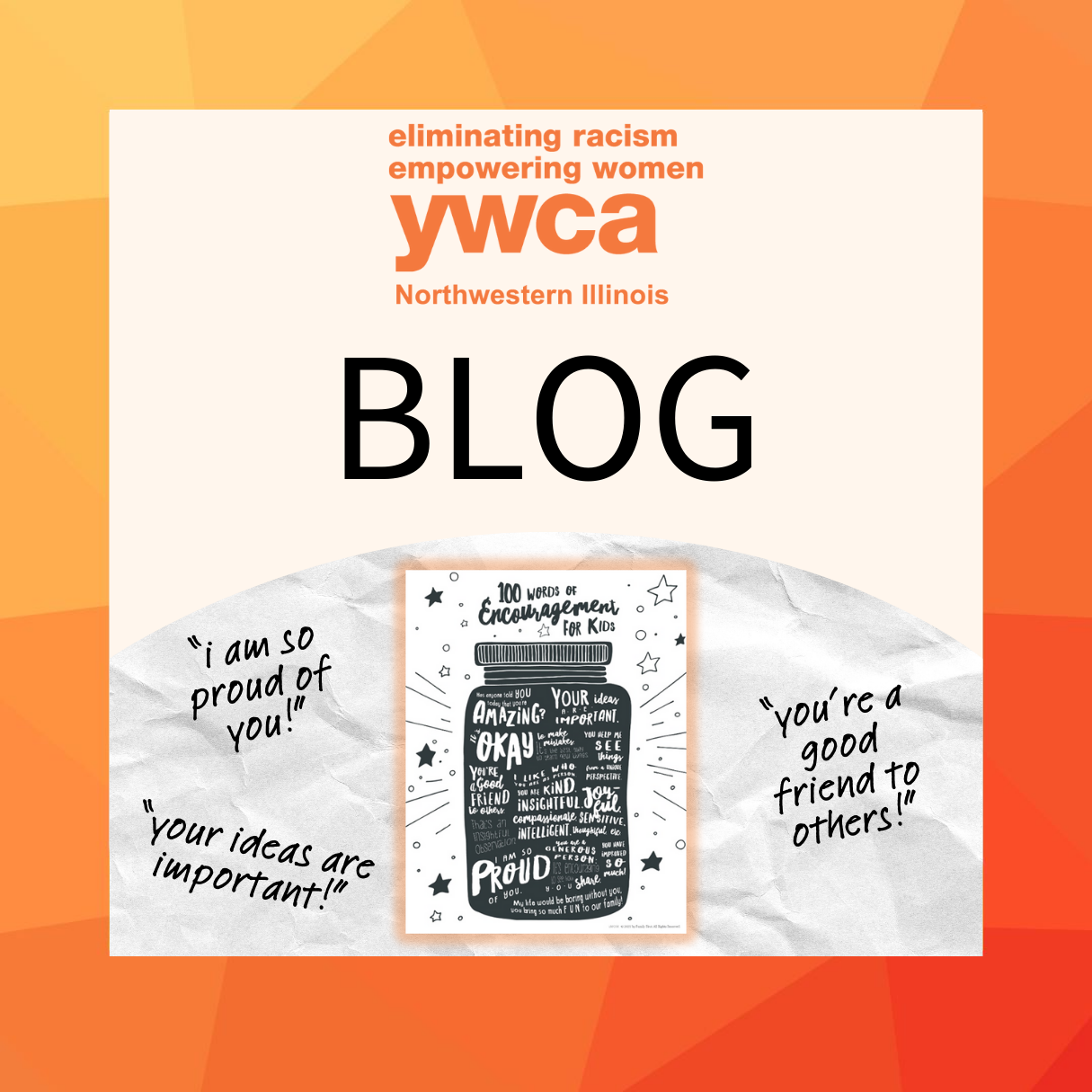Understanding Narcissism and Domestic Violence
Narcissism and domestic violence are both destructive in intimate relationships. There is a significant overlap between narcissistic behavior and abusive patterns particularly in the context of domestic violence. It is important to understand how narcissistic traits relate to domestic violence. This blog will help us explore the relationship between narcissism and domestic violence, how to recognize the warning signs, and why it’s important for victims to seek help.
Narcissistic abuse is often difficult to detect, especially because the narcissist can appear charming or even admirable to others. Abusive behaviors typically happen behind closed doors and the victim often feels ashamed or guilty to speak out. Narcissistic individuals have a charming way of keeping their partner hooked, making them feel as though they are unworthy of anyone else in their life.
Crucial Signs of Narcissistic Behaviors
- Emotional Manipulation: Gaslighting, making their partner doubt their own reality like their own memories by creating confusion and self-doubt.
- Grandiosity: They belief that they are special and should only associate with others they perceive as equally special.
- Lack of Empathy: They find it difficult to care about the feelings of others.
- Devaluation: Narcissist may devalue their partners by criticizing, belittling, taking and advantage of their partners, while showing little to no empathy.
- Isolation: Narcissists often isolate their partners from family, friends or any support systems.
- Convert Abuse: Narcissists engage in subtle forms of abuse like guilt-tripping, playing the victim and withholding affection, making it hard for others to notice the abuse.
The Difference Between Narcissism and Domestic Violence
Narcissism is a personality trait or at times a disorder, typically diagnosed when it is persistent. It’s more about the way a person sees themselves and how they interact with others. Narcissistic individuals crave admiration and validation from others. Domestic violence is a pattern of abusive behaviors that are designed to control and manipulate an intimate partner. Domestic violence is driven by a desire to dominate and control the victim. It’s not a personality trait but a behavior pattern that involves using power and control.
In conclusion, while narcissism and domestic violence are different, they may at times overlap in abusive relationships. It is very important to understand the characteristics of each and how they show up in relationships. Narcissistic abuse, which often involves emotional manipulation and psychological control, can be just as damaging as physical violence. It is crucial to understand that both need to be taken seriously. If you or someone you know is experiencing any form of abuse, seeking help and support is the first step toward healing and breaking free from the cycle of abuse.
If you would like to learn more about building a respectful intimate relationship and personal growth reach out to us and register for one of our PAIP classes.
YWCA Northwester IL: 1-(815) 484-9442 EXT.306
National Domestic Violence Hotline: 1-(800) 799-7233
Please remember all calls are confidential.
-Estefania Barrientos, YWCA Northwestern Illinois La Voz Latina FAC Parent Educator/PAIP Coordinator




